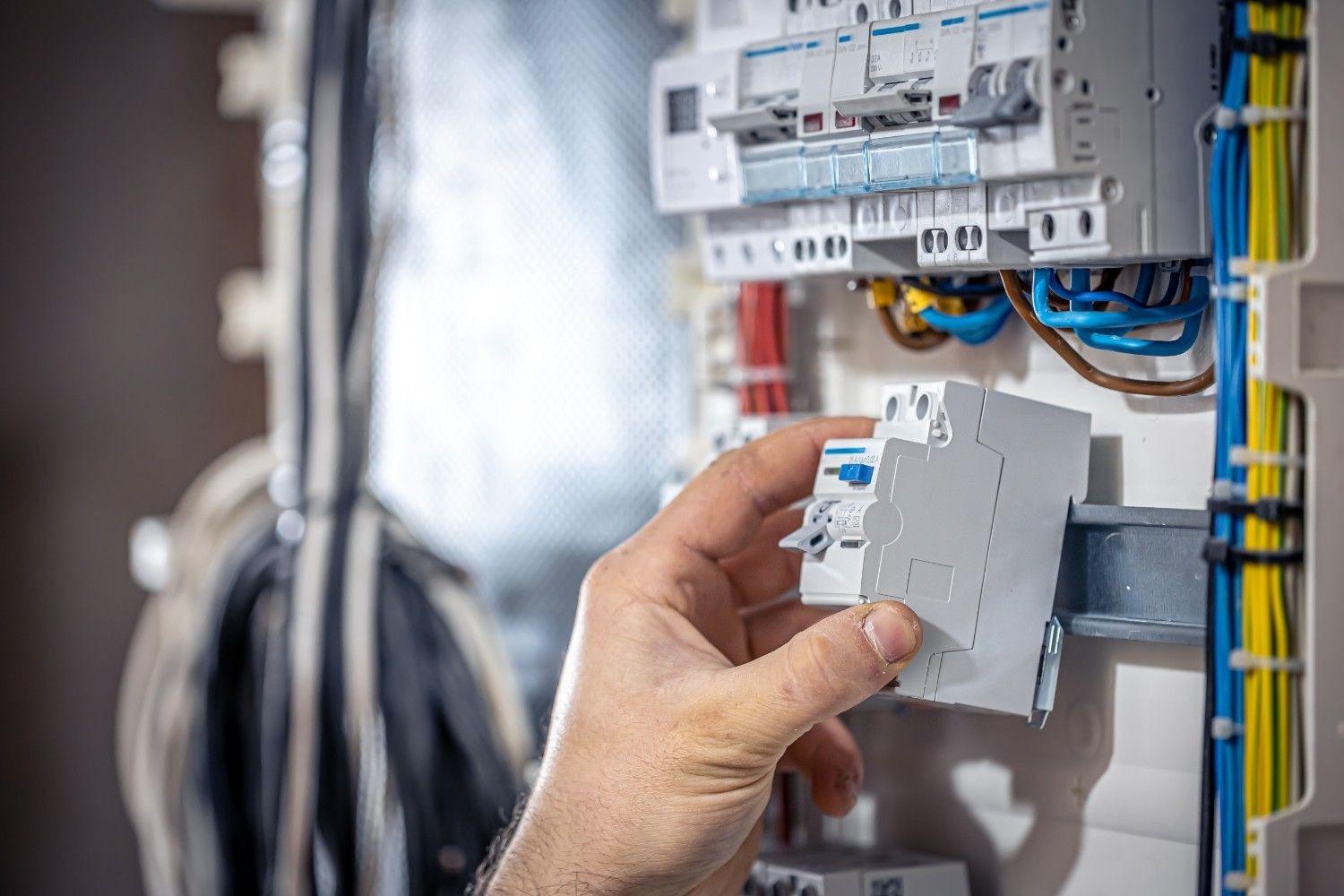Notifications

10 minutes, 16 seconds
-8 Views 0 Comments 0 Likes 0 Reviews

Medical facilities, from small clinics to major hospitals, rely on a constant and secure electrical supply to support critical systems. Any interruption or fault could potentially endanger lives, compromise data, and halt operations. This makes the role of emergency electricians not only vital but non-negotiable. Their skills and readiness to act under pressure can be the difference between a minor issue and a serious health risk.
In Cardiff and beyond, where healthcare infrastructure continues to grow, the integration of dependable emergency services is more important than ever. In this blog, we’ll explore how emergency electricians safeguard patient safety, uphold regulatory compliance, and ensure operational resilience in medical environments.
Hospitals and medical centres are among the most electrically complex buildings in the UK. From life-support machines and surgical lights to laboratory equipment and digital records, everything hinges on uninterrupted power.
Medical buildings are designed with redundancy in mind, but even the most advanced setups are vulnerable without expert oversight. An emergency electrician must navigate intricate layouts involving power segregation, high-load equipment, medical-grade outlets, and isolated power zones.
It’s not simply about keeping the lights on — it’s about ensuring that vital tools, such as ventilators and infusion pumps, never fail. The precision required in these settings is what distinguishes general electrical work from the demands placed on healthcare-focused electricians.
Emergency electricians are not just standard tradespeople who respond after hours. They undergo specialised training to deal with high-risk, high-pressure environments — such as those found in medical settings.
Unlike routine maintenance electricians, emergency experts must operate swiftly in unpredictable environments, sometimes surrounded by patients, staff, and sensitive electronic devices. Their work demands not only competence but also exceptional professionalism and discretion.
When it comes to medical care, a flickering light isn’t just an inconvenience — it’s a potential threat. Electrical malfunctions can lead to:
Hospitals must meet strict electrical compliance standards, particularly in high-dependency units. The consequences of non-compliance or failure can range from regulatory fines to patient harm. Emergency electricians play a key role in risk mitigation by acting swiftly when issues arise and ensuring that systems are restored without delay.
When a medical facility places a call to an emergency electrician, the response process is immediate and strategic.
Coordination with facilities teams and builders in Cardiffis also essential, particularly during active renovations or site modifications. Having an established protocol and clear communication channels ensures that even in the most stressful situations, safety remains the priority.
While emergency response is critical, prevention is equally essential. Most faults can be avoided through regular inspections, safety checks, and system upgrades — ideally carried out by the same professionals who would attend in a crisis.
Routine audits include:
A proactiveemergency electrician Cardiff team will often offer packages that include regular inspections, asset tagging, and digital reporting to ensure full traceability.
These assessments are often conducted in collaboration with builders in Cardiff, especially when the building structure is undergoing changes or when retrofitting older hospitals with new systems.
Uninterrupted Power Supply (UPS) units and generators are the unsung heroes of healthcare resilience. Emergency electricians ensure these systems are:
Testing emergency backup systems should never be left until disaster strikes. It is the responsibility of the emergency electrical team to oversee these measures, from voltage regulation to fuel level monitoring.
Smooth operations in medical facilities rely heavily on multi-disciplinary cooperation. Whether it’s a new extension, a retrofitted ward, or relocating critical services, electricians and builders in Cardiff must work hand in hand.
This collaboration ensures that emergency routes, operating theatres, and power-sensitive wings are never exposed to unplanned outages or service breaks.
Builders often handle the physical infrastructure, while emergency electricians verify the functional and safety aspects of every wire, panel, and outlet installed.
Compliance is non-negotiable in healthcare. Emergency electricians are expected to be familiar with:
Key safety protocols include:
These standards must be upheld during both emergency interventions and routine inspections.
As healthcare evolves, so does its electrical infrastructure. Emergency electricians are at the forefront of integrating:
Their input ensures that medical facilities are not only safe today but resilient in the face of future demands. With AI, IoT, and telemedicine on the rise, modern emergency electricians contribute far more than reactive solutions — they help build the foundations of a smarter, safer healthcare system.
In the high-stakes world of healthcare, electrical reliability can be a matter of life and death. Emergency electricians serve as the first responders to unseen threats, protecting patients, staff, and infrastructure around the clock. Their expertise ensures that critical systems continue to operate smoothly, even in the most unexpected scenarios.
Collaborating closely with builders in Cardiff and healthcare facility managers, they contribute to a system where safety is embedded into the design, maintenance, and emergency response. Their role is indispensable in keeping medical environments functional, compliant, and future-ready.
For hospitals and clinics looking to safeguard their facilities with qualified professionals, AO Builders Cardiff provides dependable partnerships that prioritise safety, precision, and efficiency in every electrical solution.
